Professor Campaign Donations Overwhelmingly Favor Democrats
November 14, 2018
By Erica Scalise
Nearly 95 percent of campaign contributions by Fordham professors, researchers and teaching fellows over the past 22 months went to Democratic candidates and political action committees, according to a Ram analysis of Federal Election Committee data.
Between Jan. 1, 2017 and Nov. 6, 2018, the 256 Fordham employees in the data set gave just under $120,000 to federal political causes. Donating professors from every Fordham school donated to Democrats and Democratic political action committees over other groups by a wide margin.
Almost $44,000 of the donations were contributed by undergraduate arts and sciences faculty, who donated solely to Democrat and other, non-Republican party affiliated campaigns.
The staff and administration, the Fordham School of Law and the Gabelli School of Business also leaned heavily to the left. Faculty in the undergraduate university, School of Education and School of Religion and Religious Education donated solely to Democrat and other, non-Republican party affiliated campaigns.
The Fordham Ram compiled federal donation data for contributors who listed Fordham University as their employer and were listed in Fordham directories as professors, administrators, lecturers, fellows and researchers. Visiting professors were included.
The data analyzed is made public by the Federal Election Commission. It does not include contributions to super PACs or 501(c)(4) nonprofit groups. It does include contributions to candidate-linked PACs.
The results of the analysis point to Fordham’s faculty and administration as highly left-leaning and raise questions concerning diversity of thought among the professoriate at the university as well as nationally.
According to Monika McDermott, Ph.D., professor of political science, it is not surprising that academics lean left in their contributions.
“Education is a liberalizing influence on political views, and academics have more education than most,” said McDermott. “[It] is a sort of self-fulfilling prophecy—academia has traditionally been a liberal bastion, so liberals are more likely to want to be academics than conservatives. These obviously aren’t mutually exclusive; they work together to make academia a comfortable place for liberals.”
Top political organizations that faculty contribute to include Act Blue, Swing Left and the Democratic Congressional Campaign Committee (DCC.)
According to analysis by The Ram, Benjamin Dunning, Ph.D., professor of theology and gender and sexuality studies, is a consistent contributor to both Act Blue and Swing Left.
Dunning said that while his commitments indicate that he is a Democrat, he knows quite a few academics who lean Republican but are equally horrified by what is happening in the country and are shifting their donations accordingly.
“At the moment, the norms that undergird our democracy, in terms of checks and balances, freedom of the press, monitoring conflicts of interest and other kinds of corruption in politics, seem to be under concerted attack and in serious danger of eroding,” said Dunning.
The top 10 contributors mirrored the overall donation distribution among Fordham schools. Donations by the top 10 contributors range from $2,856.00 to $6,667.50.
Seven of the 10 top contributors teach at the Fordham School of Law. George Conk, adjunct professor of law and senior fellow, is the largest contributor.
Dunning said these results should come as no surprise.
“In the context of Fordham’s Jesuit mission specifically, it is hard for me to imagine how faculty could be committed to justice and forming men and women for others without objecting in some form to much of what is currently happening politically — and I think that goes beyond traditional conservative, liberal divides,” said Dunning.
The data used for this article were obtained from publicly available Federal Election Commission records of donations to federal election candidates and committees. FEC filings do not include donations to super PACs and 501(c)(4) nonprofit groups that engage in electioneering communications.
Donations made between Jan. 1, 2017 and November 6, 2018 were considered for this article. Only contributions from donors listing Fordham University as their employer and listed in Fordham directories and websites as professors, administrators, lecturers, fellows, researchers and visiting professors were included.
Contributed Reporting by Sophie Kozub.

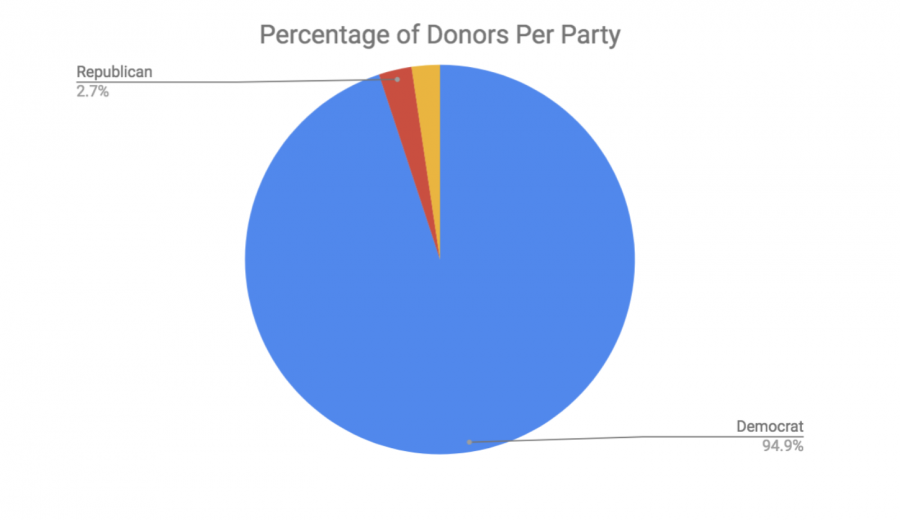

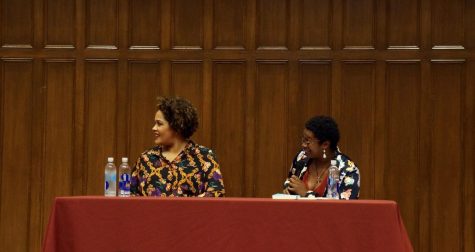
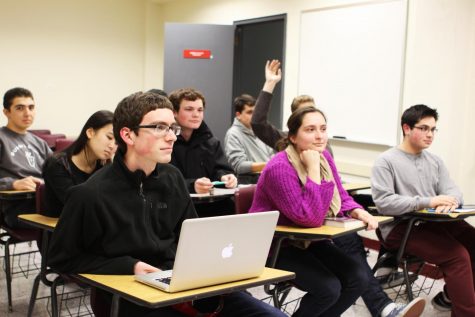
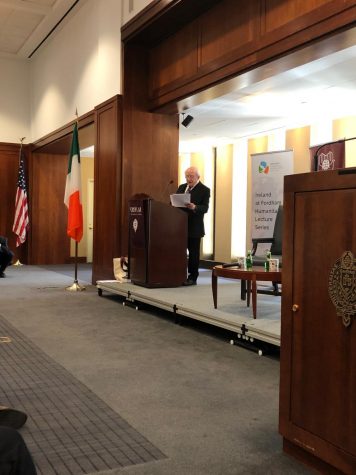
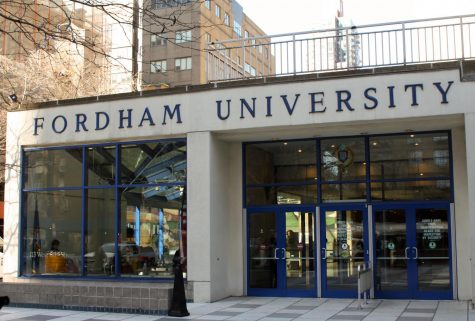
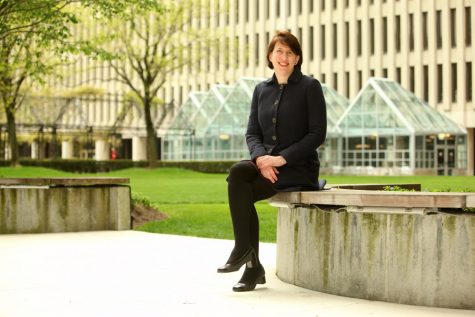
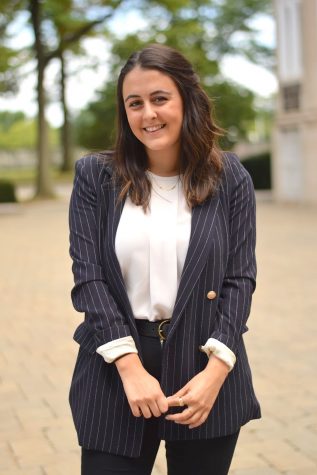
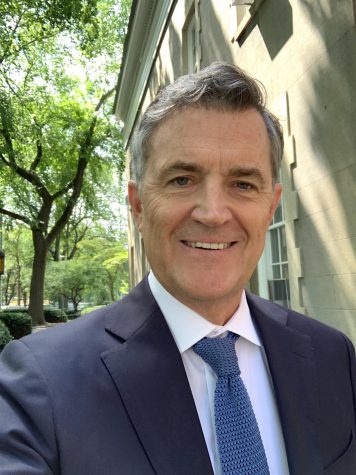
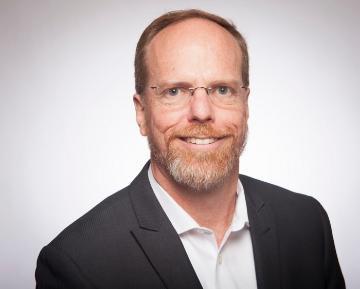
If you want a picture to show with your comment, go get a gravatar.